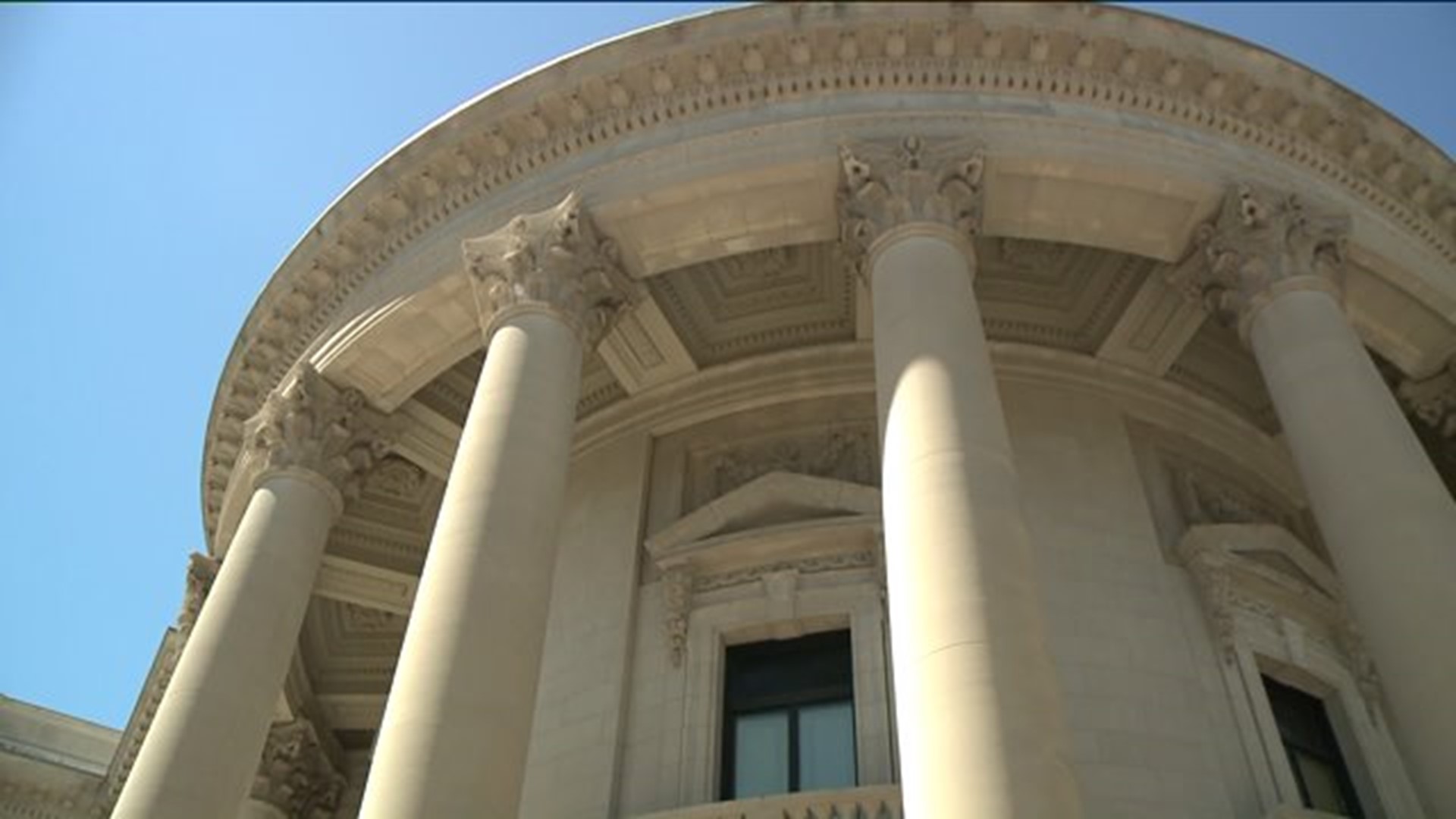NEW HAVEN — Senate Bill 414 proposes to tax property at certain colleges, where activities conducted generate at least $6,000 in revenue annually. Yale University says the measure is unfairly aimed at them.
President Peter Salovey said Wednesday the bill would discourage top researchers from coming to Yale. He said it also would negatively impact the region's biotech companies and other research-based businesses.
The legislation "will discourage investment in Connecticut," he said. "It's bad policy, and I believe it's bad for New Haven's future."
The Senate president said the bill would exempt all of Yale’s existing property and their current uses; it would only apply to future acquisitions.
“I think that the concerns of the university has raised are unfortunately alarmist and really do not reflect the actual bill,” said State Sen. Martin Looney, D-New Haven.
The bill, passed by the General Assemblies Finance, Revenue and Bonding Committee April 7, has been amended several times. Looney acknowledged lawmakers do want taxes applied to future buildings.
“When it veers over into a commercial use, it should be taxable,” he said.
More taxes, Yale said, would discourage the university from the level of research that has spawned dozens of start-up companies in New Haven over the past two decades.
“There is a provision which would tax the academic buildings in which basic scientific research occurs if that research produces an idea that results in a commercial application,” said Bruce Alexander, a vice president for Yale University. “Such as Alexion, which just opened in downtown New Haven with 1,000 jobs."
While Yale has committed to hiring at least 1,000 more city residents over the next three years, charitable contributions--including to a program called New Haven promise, which has provided over 760 college scholarships to city kids in five years--could suffer.
“Yale University is the only university in the country funding a citywide promise program for city residents,” said Patricia Melton, the executive director of New Haven Promise, to which Yale has committed up to $4 million annually.
The bottom line: Yale believes this measure is unconstitutional and would be struck down by the courts.
“It's based on five Connecticut decisions, including to Connecticut Supreme Court decisions that specifically addressed Yale's tax exempt status,” said Attorney Alexander Dreier, a Yale Vice President and General Counsel.
Yale presently owns $2.5 billion in tax-free real estate, and has a $25.6 billion endowment.

